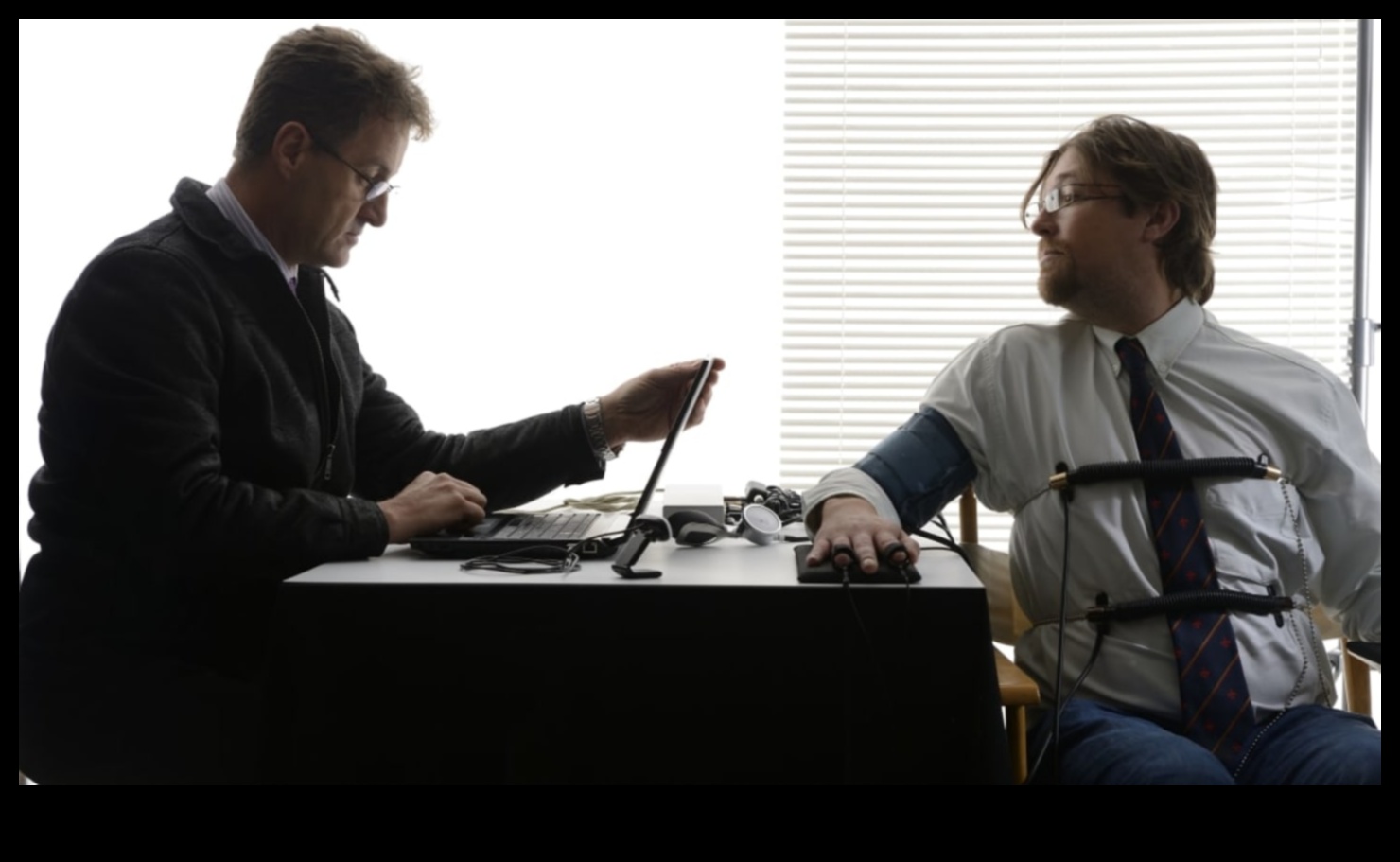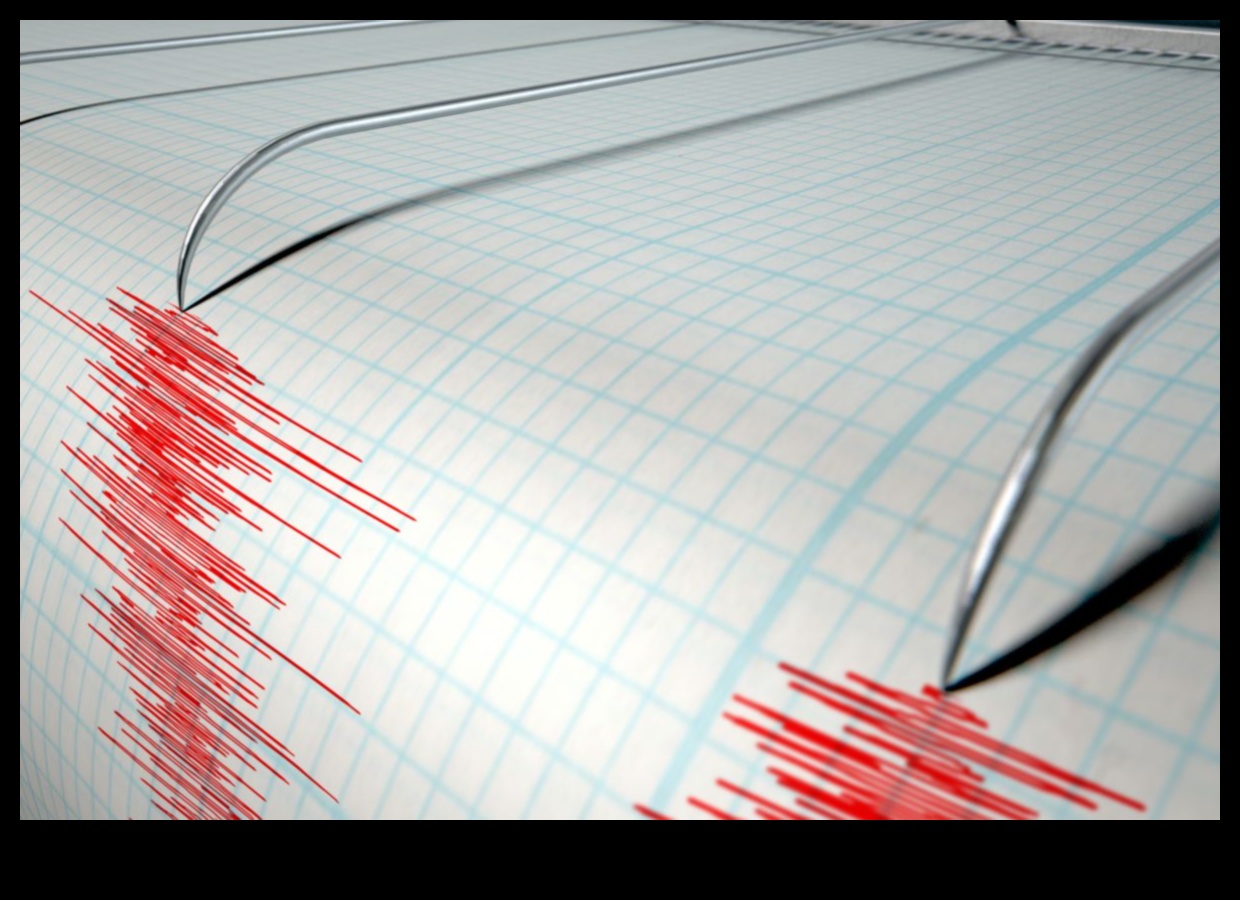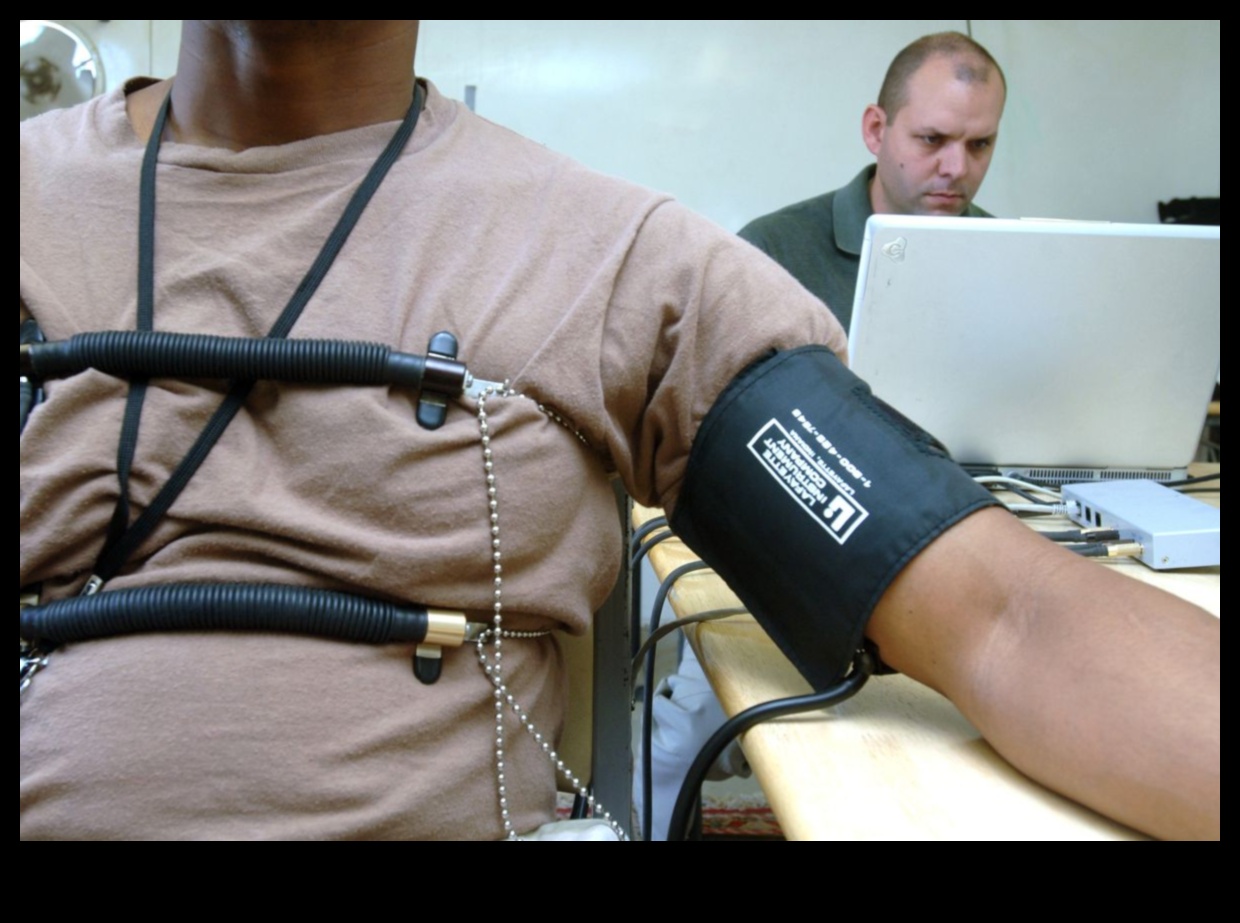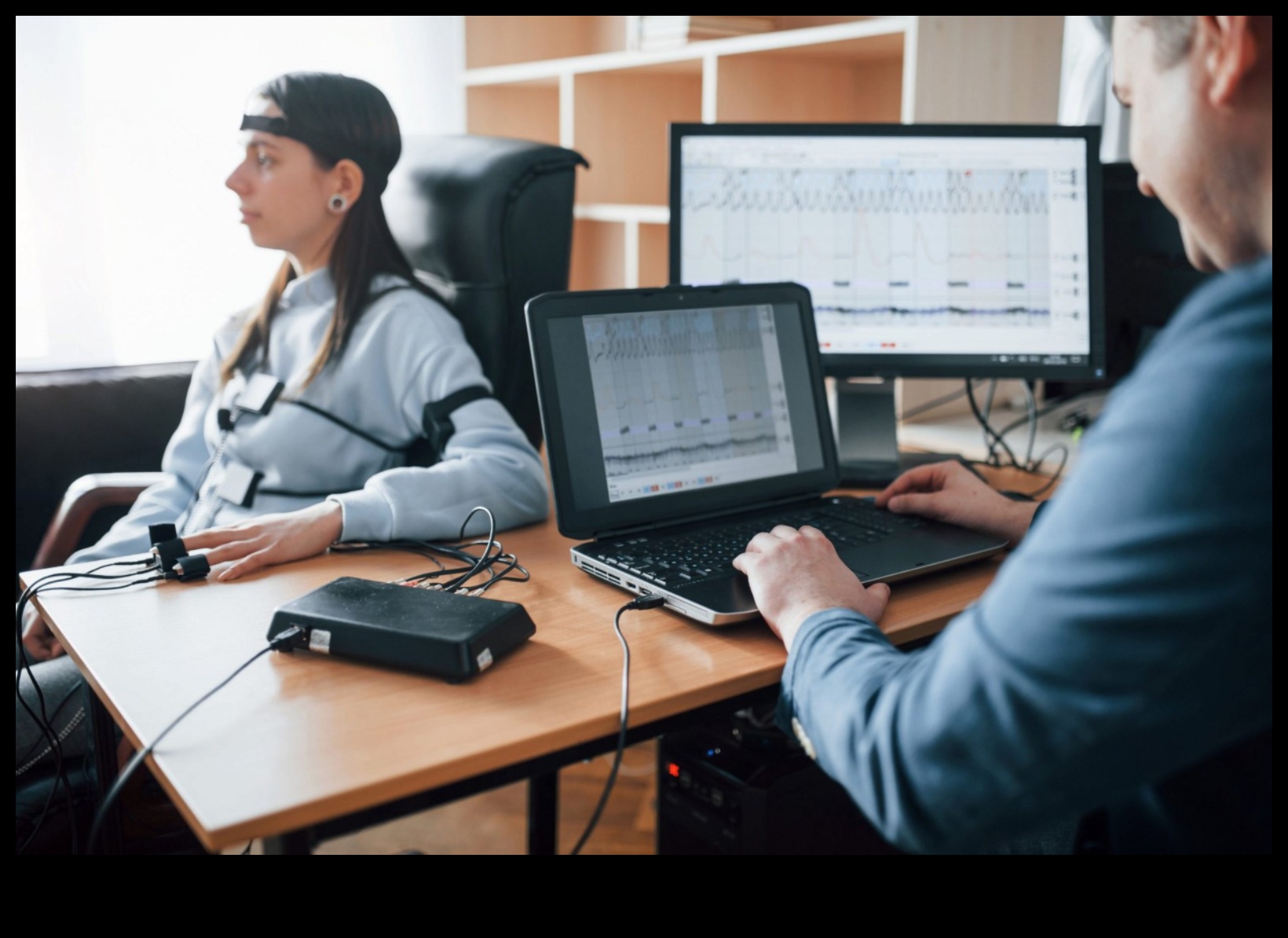
I. Lie Detector Test Admissibility in Court
Lie detector tests, also known as polygraph tests, are not admissible in court as evidence in the United States. This is because the courts have determined that lie detector tests are not sufficiently reliable to be used as evidence in a trial.
The history of lie detector tests in the United States dates back to the early 1900s. In 1923, the American Psychological Association issued a statement that said that lie detector tests were not scientifically valid and should not be used in court. Despite this, lie detector tests were still used in some criminal trials in the United States.
In 1998, the Supreme Court ruled in the case of Daubert v. Merrell Dow Pharmaceuticals, Inc. that the Federal Rules of Evidence superseded the Frye standard for the admissibility of expert testimony. This meant that the courts were no longer required to accept the Frye standard, which required that expert testimony be based on scientific techniques that were generally accepted in the relevant scientific community.
As a result of the Daubert decision, the courts began to take a more critical look at the admissibility of lie detector tests. In 2004, the Supreme Court ruled in the case of United States v. Scheffer that lie detector tests were not admissible in federal criminal trials. The court held that lie detector tests were not sufficiently reliable to be used as evidence in a trial, and that the admission of such evidence would violate the defendant’s right to due process of law.
Since the Scheffer decision, the courts in most states have also held that lie detector tests are not admissible in criminal trials. However, there are a few states where lie detector tests may be admissible in certain circumstances.
In general, lie detector tests are not admissible in court because they are not sufficiently reliable. There are a number of factors that can affect the accuracy of a lie detector test, including the skill of the examiner, the anxiety level of the examinee, and the presence of other stressors. As a result, the courts have determined that lie detector tests are not reliable enough to be used as evidence in a trial.
| Feature | Answer |
|---|---|
| Lie detector | A lie detector, also known as a polygraph, is a device used to measure physiological changes in a person’s body while they are being questioned. |
| Polygraph | The term “polygraph” comes from the Greek words “poly” (many) and “graph” (writing), and refers to the multiple physiological measures that are recorded during a lie detector test. |
| Admissibility of evidence | The admissibility of evidence refers to whether or not a particular piece of evidence can be used in a court of law. |
| Court | A court is a tribunal that hears and determines legal disputes. |
| Trial | A trial is a legal proceeding in which a person is accused of a crime and the evidence against them is presented. |

I. Lie Detector Test Admissibility in Court
Lie detector tests, also known as polygraph tests, are not admissible in court as evidence in the United States. There are several reasons for this, including the fact that lie detector tests are not 100% accurate and can be easily manipulated by the person being tested. Additionally, the results of a lie detector test can be influenced by a person’s emotional state, their level of stress, and their cultural background.
III. How Lie Detector Tests Work
Lie detector tests measure physiological changes in the body that are associated with stress. These changes include:
- Increased heart rate
- Increased breathing rate
- Increased sweating
- Changes in skin conductivity
Lie detector tests are based on the assumption that people who are lying will experience more stress than people who are telling the truth. However, there are a number of factors that can affect the results of a lie detector test, including:
- The subject’s level of anxiety
- The subject’s familiarity with the lie detector test
- The subject’s ability to control their bodily responses
As a result, lie detector tests are not considered to be 100% accurate. In fact, the American Psychological Association (APA) has stated that “there is no scientific evidence that polygraph tests can reliably detect deception.”

IV. Accuracy of Lie Detector Tests
Lie detector tests are not 100% accurate. There are a number of factors that can affect the accuracy of a lie detector test, including the skill of the examiner, the examinee’s physiological responses, and the examinee’s motivation to deceive.
The skill of the examiner is an important factor in the accuracy of a lie detector test. A poorly trained examiner may not be able to properly administer the test or interpret the results.
The examinee’s physiological responses can also affect the accuracy of a lie detector test. Some people are able to control their physiological responses, making it difficult for the examiner to detect deception.
Finally, the examinee’s motivation to deceive can also affect the accuracy of a lie detector test. An examinee who is motivated to deceive may be able to suppress their physiological responses, making it difficult for the examiner to detect deception.
Overall, lie detector tests are not 100% accurate. However, they can be a useful tool for investigators, as they can provide valuable information about whether or not an examinee is being deceptive.

V. Problems with Lie Detector Tests
There are a number of problems with lie detector tests, including:
- They are not 100% accurate.
- They can be affected by a number of factors, including the subject’s anxiety level, their physical condition, and their ability to control their bodily functions.
- They can be used to intimidate or coerce suspects into confessing to crimes they did not commit.
- They are not accepted as evidence in all courts.
These problems have led to a number of calls for the ban of lie detector tests in the United States. However, there is no federal law banning the use of lie detector tests, and each state has its own laws on the matter. As a result, the admissibility of lie detector tests in court can vary from state to state.
VI. Legal Standards for Admissibility of Lie Detector Tests
The legal standards for the admissibility of lie detector tests vary from state to state. In general, lie detector tests are not admissible as evidence in court unless the following conditions are met:
- The test was conducted by a qualified and impartial examiner.
- The examinee was informed of their rights and voluntarily agreed to take the test.
- The test was conducted in a standardized manner.
- The test results were interpreted by a qualified expert.
Even if all of these conditions are met, the judge may still decide to exclude the lie detector test results from evidence if they believe that the test is not reliable or that it would be unfair to the defendant.
In recent years, there has been a growing trend towards excluding lie detector test results from evidence. This is due to concerns about the reliability of lie detector tests and the potential for bias on the part of the examiner.
Despite these concerns, lie detector tests are still admissible in some courts. However, it is important to be aware of the legal standards for admissibility before you decide to take a lie detector test.
VII. Cases Involving the Admissibility of Lie Detector Tests
There have been a number of cases in the United States involving the admissibility of lie detector tests. In general, the courts have held that lie detector tests are not admissible as evidence in criminal trials. However, there are a few exceptions to this rule.
One exception is when the defendant has given their consent to take a lie detector test. In these cases, the courts have held that the test results can be admitted into evidence. However, the defendant must be informed of their rights before they give their consent, and the test must be conducted in a fair and impartial manner.
Another exception is when the lie detector test is used as part of a plea bargain. In these cases, the courts have held that the test results can be used to support the plea bargain, even if they would not be admissible in a criminal trial.
Finally, the courts have also held that lie detector tests can be admissible in civil cases, such as personal injury lawsuits. However, the courts have generally required that the test results be corroborated by other evidence before they can be admitted into evidence.
The following are some of the most notable cases involving the admissibility of lie detector tests:
- In the 1923 case of Frye v. United States, the Supreme Court ruled that the results of a lie detector test were not admissible as evidence in federal court. The Court held that the test was not sufficiently reliable to be admitted into evidence.
- In the 1984 case of United States v. Dionisio, the Supreme Court ruled that the results of a lie detector test could be admissible in federal court if the defendant had given their consent to take the test. However, the Court held that the defendant must be informed of their rights before they give their consent, and the test must be conducted in a fair and impartial manner.
- In the 1998 case of Daubert v. Merrell Dow Pharmaceuticals, Inc., the Supreme Court ruled that the Federal Rules of Evidence superseded the Frye standard for the admissibility of scientific evidence. Under the Daubert standard, the courts must consider the following factors when determining the admissibility of scientific evidence:
- Whether the theory or technique in question can be and has been tested
- Whether it has been subjected to peer review and publication
- Its known or potential error rate
- The existence and maintenance of standards controlling its operation
- Whether it is widely accepted in the relevant scientific community
- In the 2004 case of United States v. Scheffer, the Supreme Court ruled that the results of a lie detector test could not be used to impeach a witness’s testimony in a criminal trial. The Court held that the test results were not sufficiently reliable to be used to undermine a witness’s credibility.
The admissibility of lie detector tests in court is a complex and controversial issue. There are a number of factors to consider when determining whether or not a lie detector test is admissible, including the reliability of the test, the rights of the defendant, and the need for the evidence.
Arguments for and Against the Admissibility of Lie Detector Tests
There are a number of arguments for and against the admissibility of lie detector tests in court.
Arguments for the Admissibility of Lie Detector Tests
- Lie detector tests are accurate. Studies have shown that lie detector tests are accurate in detecting deception, with a false positive rate of around 5% and a false negative rate of around 10%.
- Lie detector tests can help to protect the innocent. By identifying people who are lying, lie detector tests can help to prevent innocent people from being convicted of crimes they did not commit.
- Lie detector tests can help to convict the guilty. By identifying people who are lying, lie detector tests can help to bring criminals to justice.
Arguments Against the Admissibility of Lie Detector Tests
- Lie detector tests are not 100% accurate. There is always a chance that a lie detector test will give a false positive or a false negative.
- Lie detector tests are not reliable. The results of a lie detector test can be influenced by a number of factors, such as the person’s anxiety level, their physiological condition, and their ability to control their bodily functions.
- Lie detector tests are a violation of privacy. By requiring people to take a lie detector test, the government is essentially forcing them to reveal their innermost thoughts and feelings.
Ultimately, the decision of whether or not to admit lie detector test evidence in court is a complex one. There are a number of factors to consider, including the accuracy of the test, the reliability of the test, and the potential for the test to violate the rights of the individual.
IX. Trends in the Admissibility of Lie Detector Tests
The admissibility of lie detector tests in court has been a controversial topic for many years. In the past, lie detectors were often admitted as evidence, but in recent years, their admissibility has been more closely scrutinized.
There are a number of factors that have contributed to this trend. First, there is growing evidence that lie detectors are not as accurate as they are often portrayed. Studies have shown that lie detectors can be fooled by people who are skilled at deception, and they can also produce false positives, which means that they can incorrectly indicate that someone is lying when they are not.
Second, there is a growing awareness of the potential for bias in lie detector tests. Lie detectors are often used by law enforcement officers to interrogate suspects, and there is concern that this can lead to unfair results. For example, if a suspect is already under suspicion of guilt, they may be more likely to be nervous during the test, which could lead to a false positive.
Third, there is a growing recognition that lie detector tests can be used for discriminatory purposes. For example, lie detectors have been used to screen job applicants, and there is concern that this could lead to discrimination against certain groups of people, such as racial minorities or people with disabilities.
As a result of these concerns, the admissibility of lie detector tests in court has been limited in recent years. In 1988, the Supreme Court ruled in Daubert v. Merrell Dow Pharmaceuticals, Inc. that the Frye standard, which had been the prevailing standard for admitting expert testimony, was no longer valid. This decision paved the way for courts to consider a wider range of factors when determining the admissibility of expert testimony, including the reliability of the test in question.
In 1998, the National Academy of Sciences issued a report on the scientific validity of polygraph testing. The report concluded that there is insufficient scientific evidence to support the use of polygraph tests in court. This report has been cited by courts in subsequent cases, and it has further contributed to the trend of limiting the admissibility of lie detector tests.
Despite these limitations, lie detector tests are still sometimes admitted as evidence in court. However, the trend is clearly moving towards greater restrictions on their admissibility.
X. FAQ
Q: What is a lie detector test?
A: A lie detector test, also known as a polygraph test, is a device that measures physiological changes in a person’s body in response to questions asked by the examiner. These changes include changes in heart rate, breathing rate, and blood pressure.
Q: Are lie detector tests admissible in court?
A: The admissibility of lie detector tests in court varies from state to state. In some states, lie detector tests are inadmissible as evidence, while in other states, they may be admissible under certain circumstances.
Q: What are the problems with lie detector tests?
A: There are a number of problems with lie detector tests, including the fact that they are not 100% accurate, they can be affected by factors other than deception, and they can be used to intimidate or coerce people into giving false confessions.